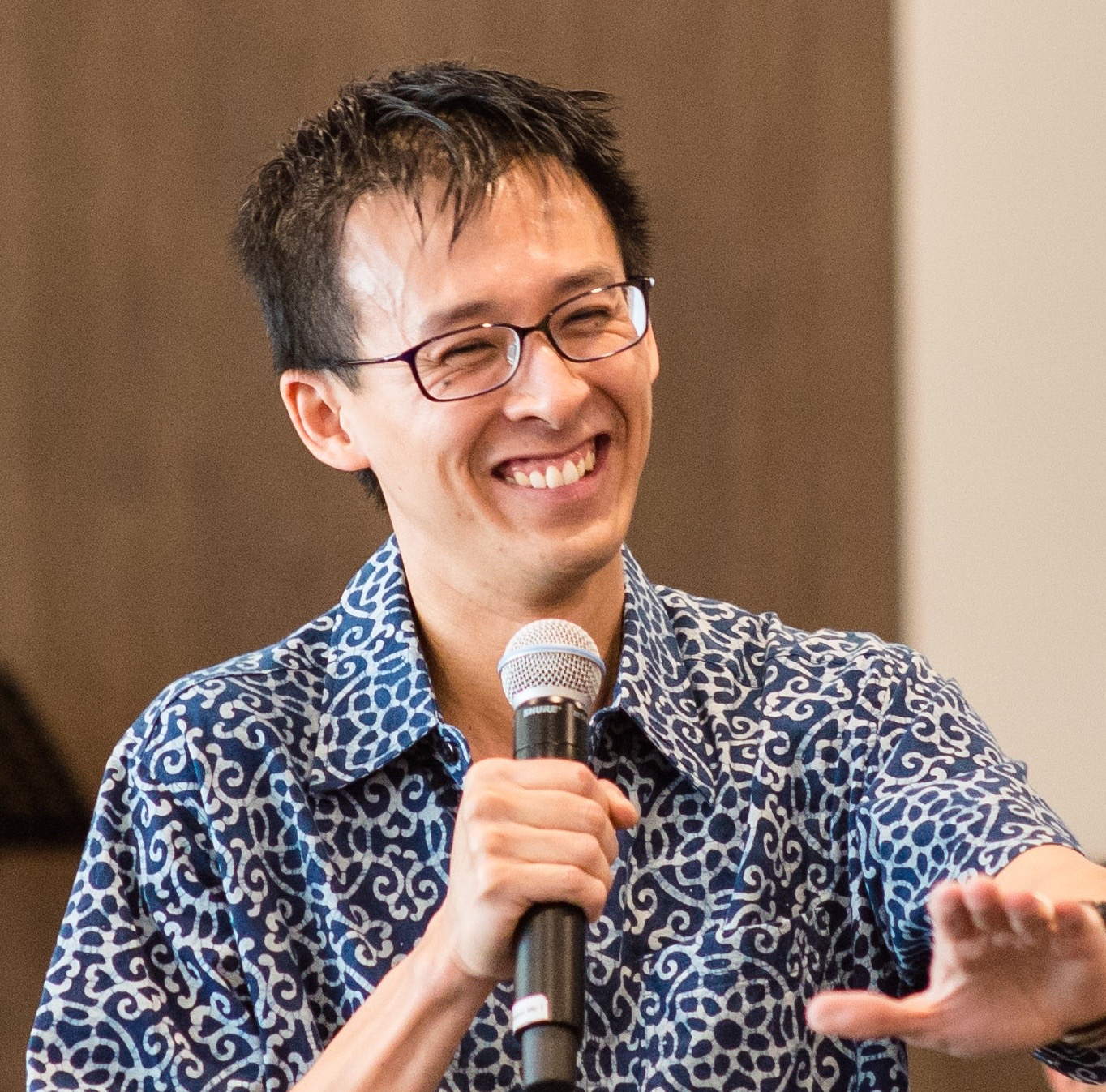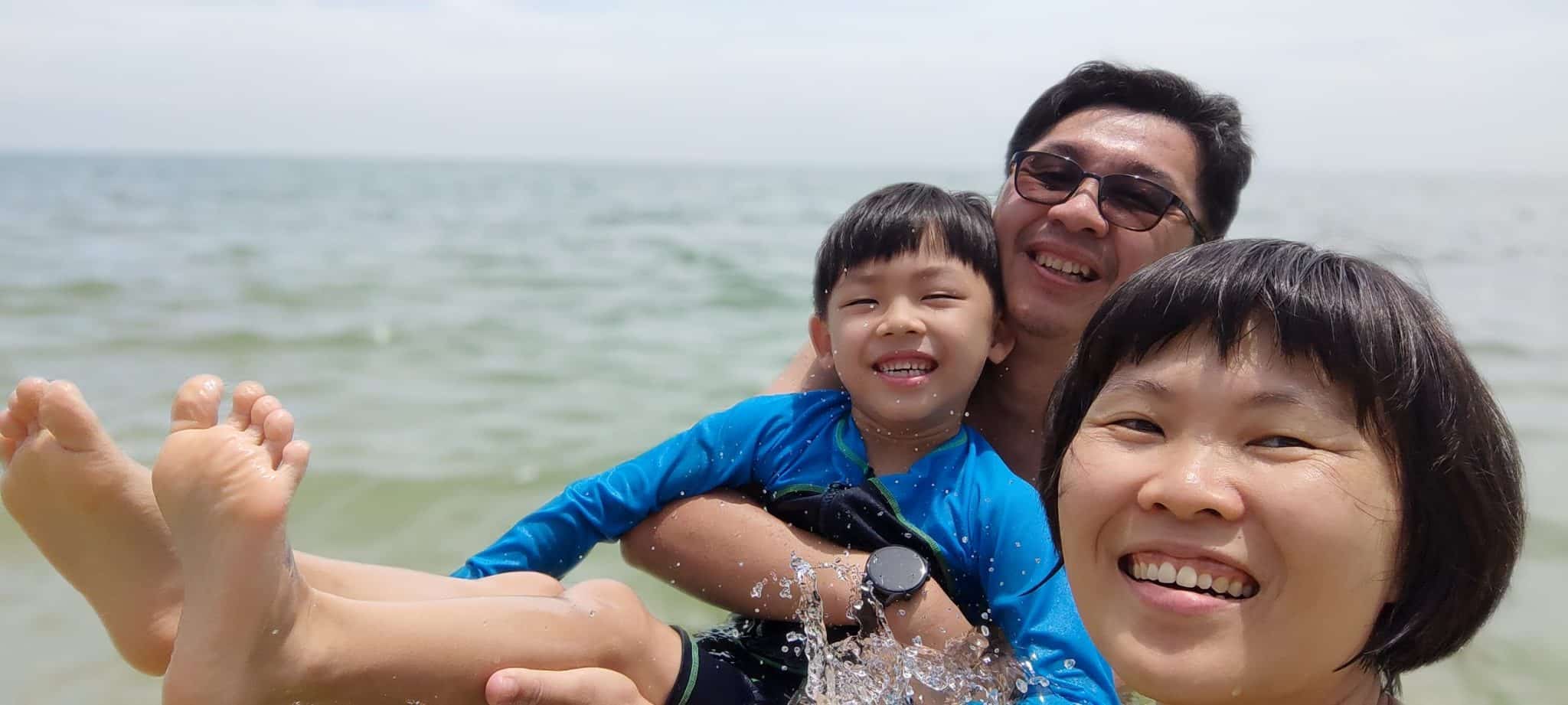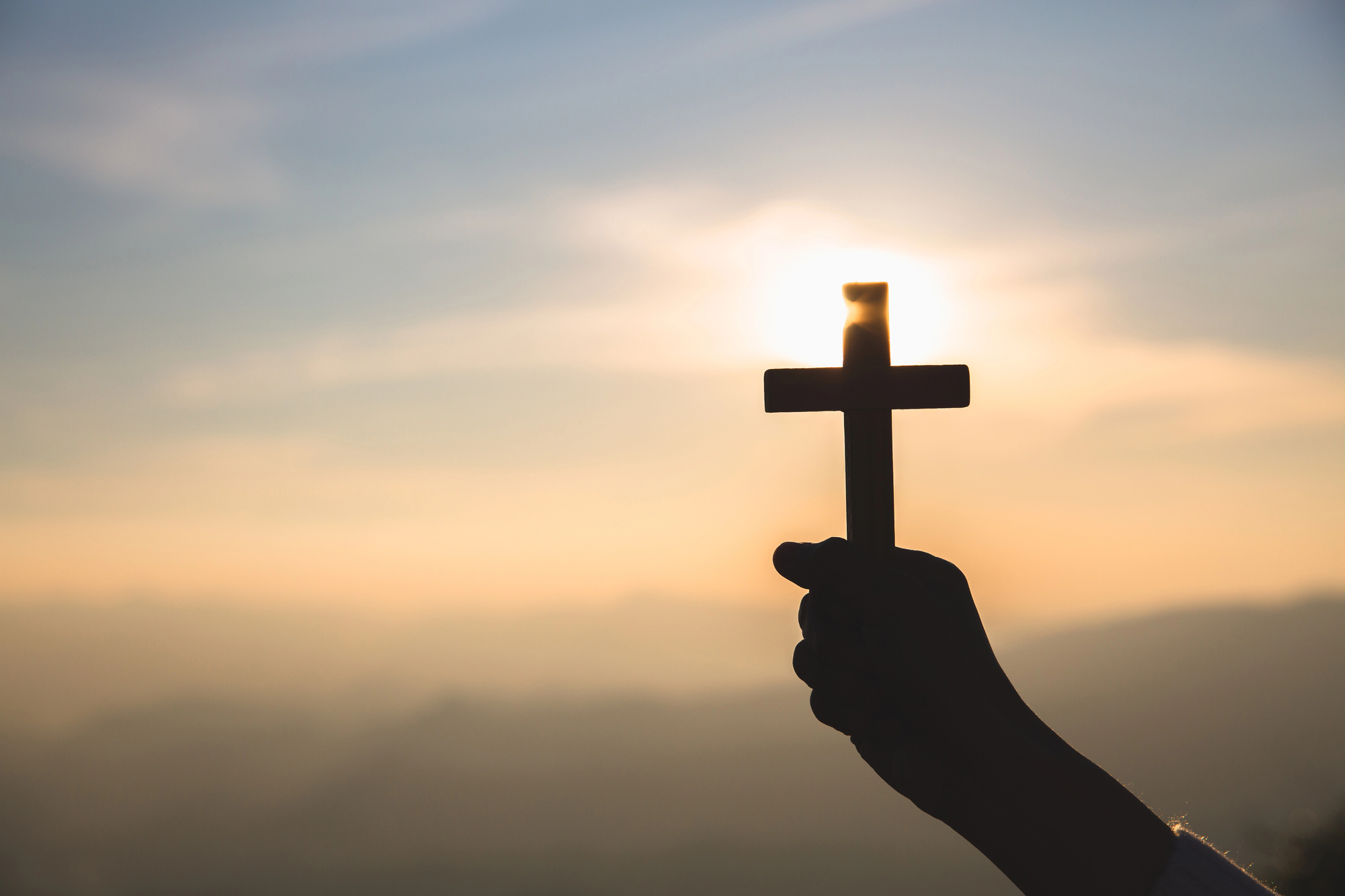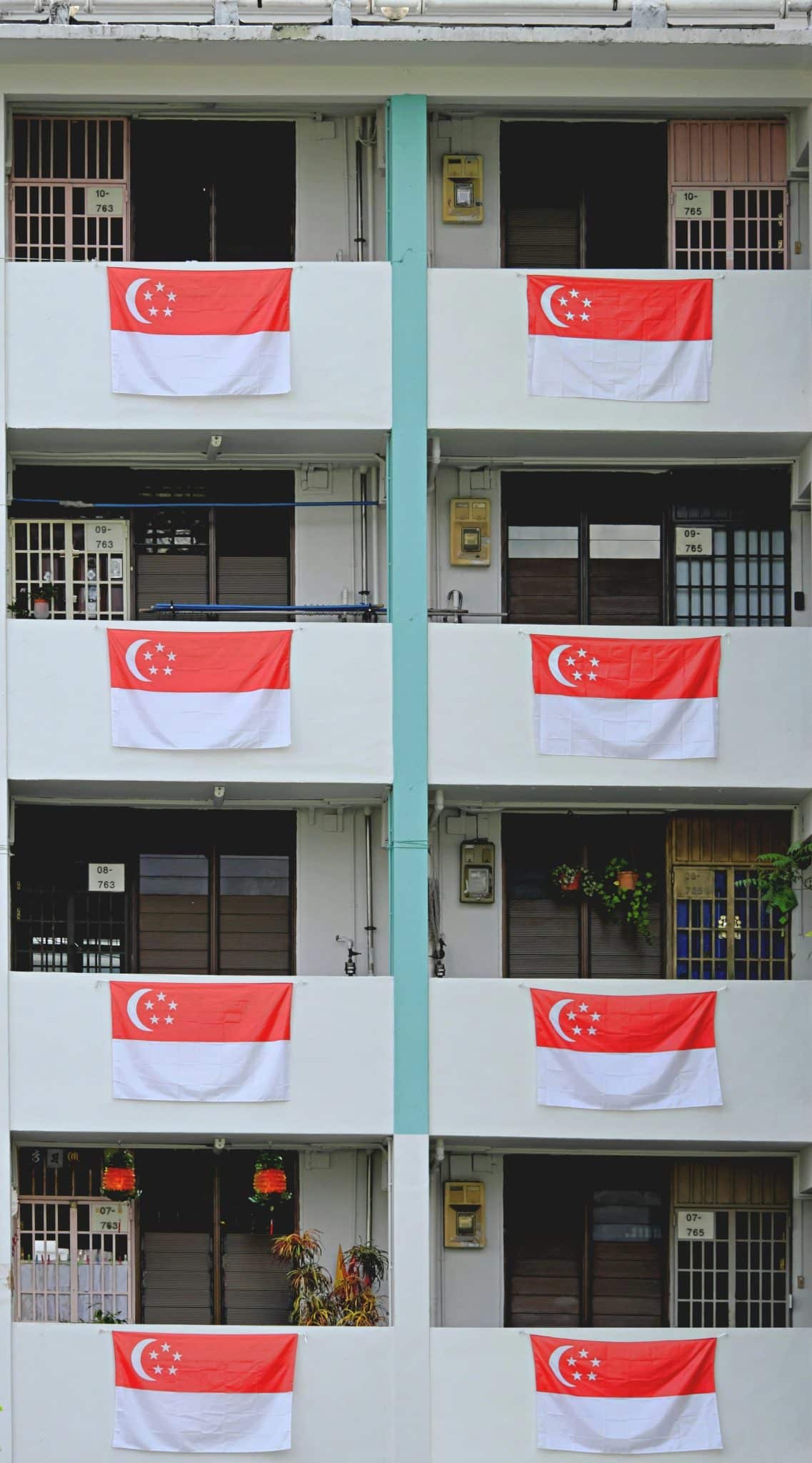Can more be done by our churches in the face of the radicalisation threat?
Ng Zhi-Wen // February 7, 2021, 12:05 am
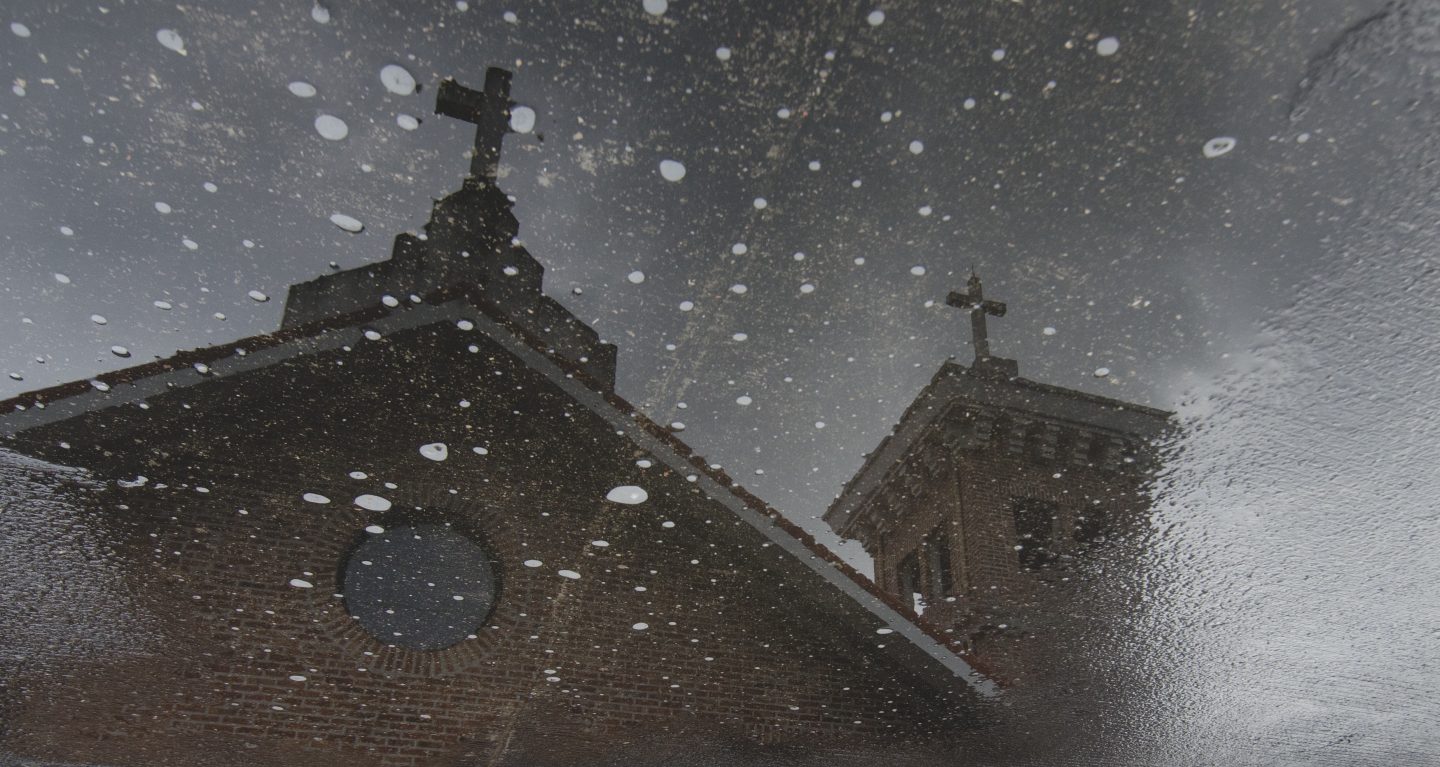
"The challenge is for the Church to return to its roots, reject Christian-supremacist ideology and subvert such notions of kingdom to present a more faithful vision for the unique Christian community," says Ng Zhiwen. Photo by Jomarc Cala on Unsplash.
An opinion piece by Chua Mui Hoong came out in The Straits Times on Friday (Feb 5) entitled “Singapore teen detained under ISA: Wake-up call for Christian community”.
She had an important but tough sell to make.
On one hand, she wants to make an issue out of one case, which has been acknowledged to be isolated, to press home the dangers of religious extremism from within the global Christian community.
In matters like these, each case is one case too many – not because of the brittle nature of the community in question, but the fragile nature of peace and harmonious relations in a plural society. What’s more, lives can be at stake.
The spiritual vaccination of the Christian community involves training the body to fight for itself.
She is also not wrong to say that, in the west, religion and culture have been conflated in erroneous ways, giving rise to extremist far-right ideologies that can be easily accessed by our susceptible young. These are real threats.
At the same time, she acknowledges that churches here generally (if not mostly) espouse a moderate teaching, and that the relatively calm response of the Muslim community attests to warm Christian-Muslim relationships (the example of Ps Yang from Cornerstone was cited, though I wondered if she should not have also mentioned the long-standing inter-faith efforts by official bodies such as the NCCS).
Nonetheless, we as the Christian community must acknowledge and own the problem where a member of the Christian community (even if nominally so) is involved. Let that be of no question among the Christians who read this.
The spotlight is now on the Church.
The question now is what then should we do. Can more be done?
Let me offer three suggestions:
1. There was an implication that the Church is not giving enough attention to speaking against extremism.
We do not fight a virus merely by ringfencing it, but by inoculating the whole population.
The spiritual vaccination of the Christian community involves training the body to fight for itself, to better identify what has no rightful place in itself, and have the effective means to reject it.
Teaching the faithful way to the 99.9% of the Church remains an essential guard against the encroachments of false teaching that can only seek to hold sway on the fringes and not the centre.
From this, we layer on a biblical basis for calling out and rejecting unbiblical extremist ideology – we can draw inspiration from the apostles who worked hard to root out false teaching.
If necessary, unearth the social-historical-political-economic roots for such deviant practices and teachings falsely claiming the name of Christ.
But always first provide the foundation by which we identify ourselves as Christ followers, and discern good from evil. The deepest roots must be nurtured.
This demands hard work for pastors, theologians, public communicators, the whole lot.
2. Teaching must translate to action
We really should take the opportunity to reach out even more proactively to our neighbours.
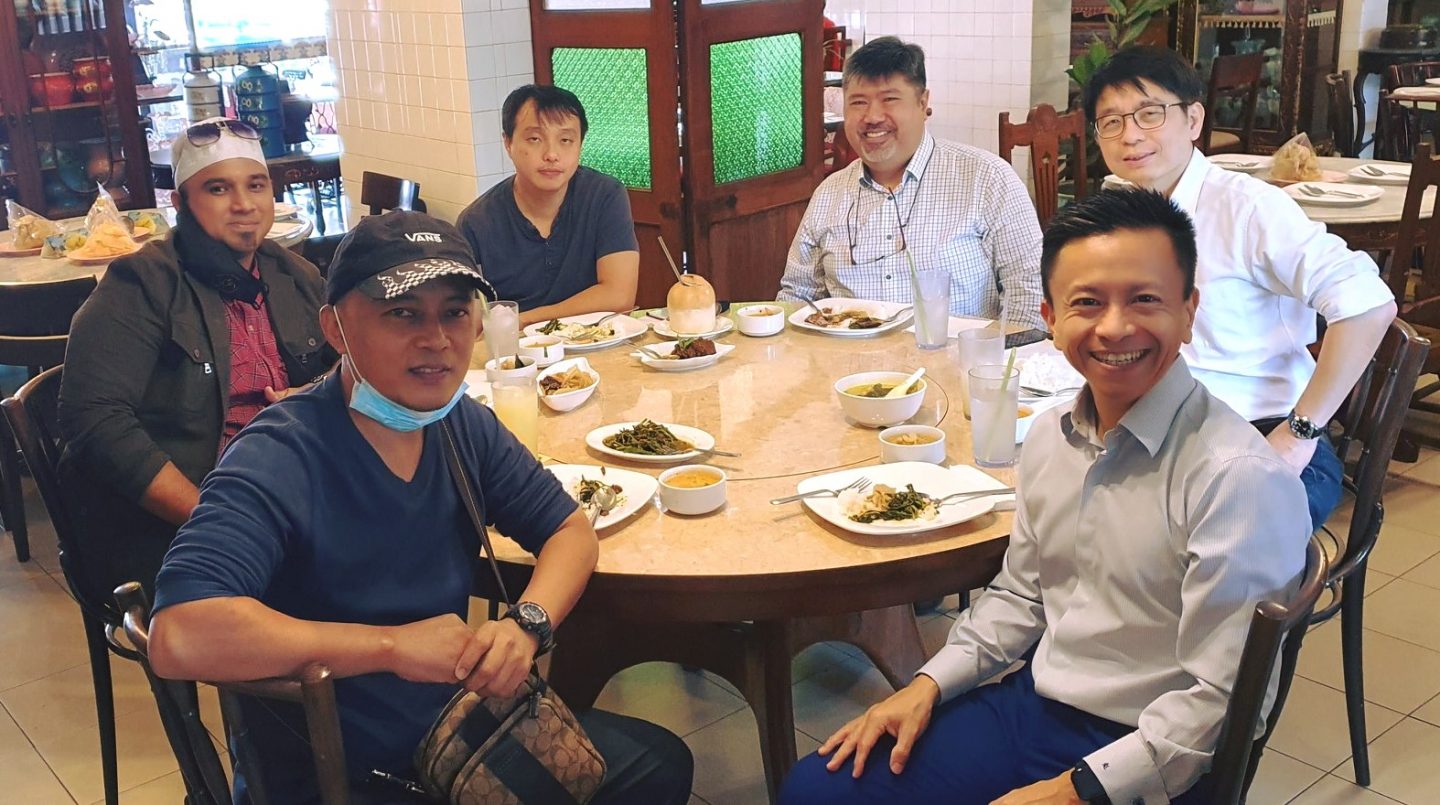
Three days after news broke of the self-radicalised teen, the senior leaders of Masjid Jamek Queenstown and four churches – Church Of Our Saviour, Church of the Good Shepherd, Queenstown Baptist Church, and Grace Assembly Of God Singapore – met over a casual meal to foster closer neighbourly ties with one another. Photo from Grace Assembly of God’s Facebook page.
Few will deny that warm Christian-Muslim relations are the most important ones to cultivate in such times. This can start on an official basis – even just having a pastor sit down for tea with the Imam of the nearest mosque is a big start.
I remember the first time I led a group of church members (with my Senior Pastor coming along) to visit the mosque down the road a few years ago. We had no clue what to expect, because we had never done this before. But since then we have been so blessed with the building of warm ties, both on an official and on a personal level.
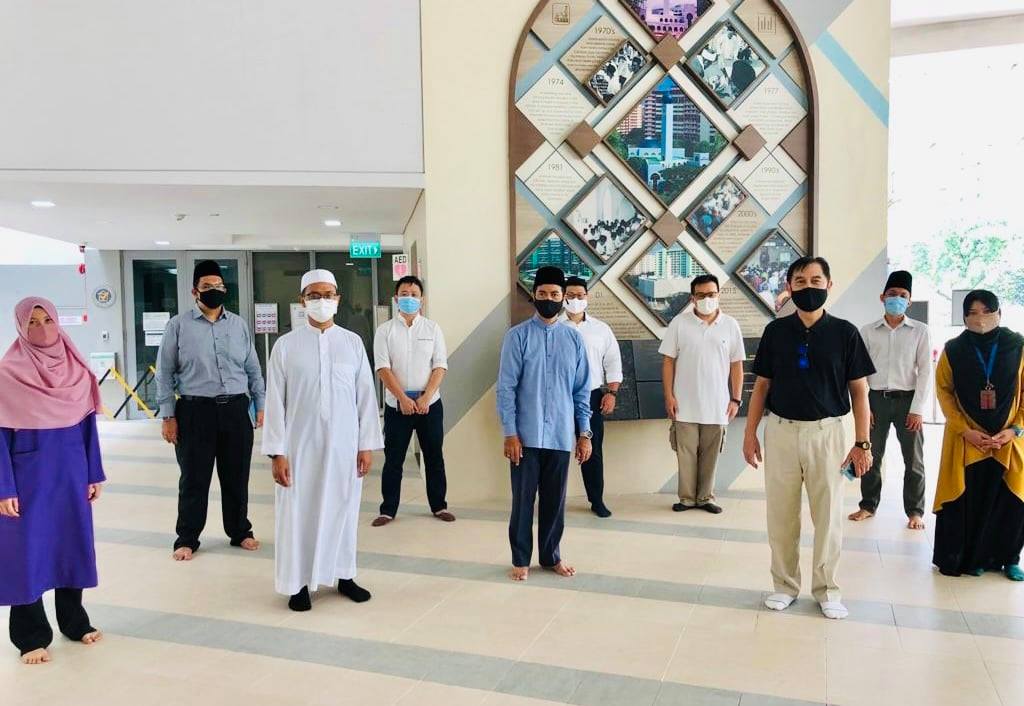
A team of Bethesda Bedok-Tampines Church staff, led by Senior Pastor Daniel Foo, were warmly received by Masjid Al-Ansar Chairman Abdul Rahman Bin Bakar and his team, including representatives from its kindergarten and community services wing on a Feb 2 visit. Photo from BBTC’s Facebook page.
Now imagine if every church pulled up google maps, located the nearest mosque to their premises, and offered to pay them a visit for tea! Let the grassroots take the initiative, and see this as an important contribution to the public good. The practice of the virtue of loving our neighbours.
It’s a necessary basis for what Mohamed Imran had commented in the article: The need for both communities to work in solidarity in addressing the problem of extremism.
3. Finally, we should think very hard about religious exclusivism – or more specifically, what makes the Christian community unique?
Mui Hoong is worried that religious exclusivism is a bed for encouraging a sense of superiority, that can lead to extremism.
It is possible, but it ain’t necessarily so.
The challenge is for the Church to return to its roots, reject Christian-supremacist ideology and subvert such notions of kingdom to present a more faithful vision for the unique Christian community.
“Our kingdom is not of this world.”
Always first provide the foundation by which we identify ourselves as Christ followers. The deepest roots must be nurtured.
Let me quote an ancient Christian source, dating to the 2nd Century, writing about the biblical norms of the Christian community most likely to a non-Christian:
“For the Christians are distinguished from other men neither by country, nor language, nor the customs which they observe …
But, inhabiting Greek as well as barbarian cities, according as the lot of each of them has determined, and following the customs of the natives in respect to clothing, food, and the rest of their ordinary conduct, they display to us their wonderful and confessedly striking method of life.
They dwell in their own countries, but simply as sojourners.
As citizens, they share in all things with others, and yet endure all things as if foreigners. Every foreign land is to them as their native country, and every land of their birth as a land of strangers.
They marry, as do all [others]; they beget children; but they do not destroy their offspring.
They have a common table, but not a common bed.
They are in the flesh, but they do not live after the flesh.
They pass their days on earth, but they are citizens of heaven.
They obey the prescribed laws, and at the same time surpass the laws by their lives.
They love all men, and are persecuted by all.
They are unknown and condemned; they are put to death, and restored to life.
They are poor, yet make many rich; they are in lack of all things, and yet abound in all; they are dishonoured, and yet in their very dishonour are glorified.
They are evil spoken of, and yet are justified; they are reviled, and bless.”
(From The Epistle to Diognetus)
May this be so of us – a wake-up call to radical faith.
God help us.
This reflection was first posted on Ng Zhi-wen’s Facebook page and is republished with permission.
RELATED STORIES:
Alert authorities early if you notice signs of radicalisation in an individual: MCCY
We are an independent, non-profit organisation that relies on the generosity of our readers, such as yourself, to continue serving the kingdom. Every dollar donated goes directly back into our editorial coverage.
Would you consider partnering with us in our kingdom work by supporting us financially, either as a one-off donation, or a recurring pledge?
Support Salt&Light